My recent trip to Hawaii was in part to learn about the increasing connection between islanders and their home-grown food. For years, Hawaii imported 85% of its food from across the Pacific, but islanders are finally starting to harness the power of their fertile volcanic soil to produce on-site. On the Big Island, locals are no longer just using mountainsides to grow pineapple and sugar cane. They’re also raising animals in sustainable ways with respect for the land, and some of the leading practitioners on the southeast section of the island are the Galimbas and Kuahiwi Ranch.
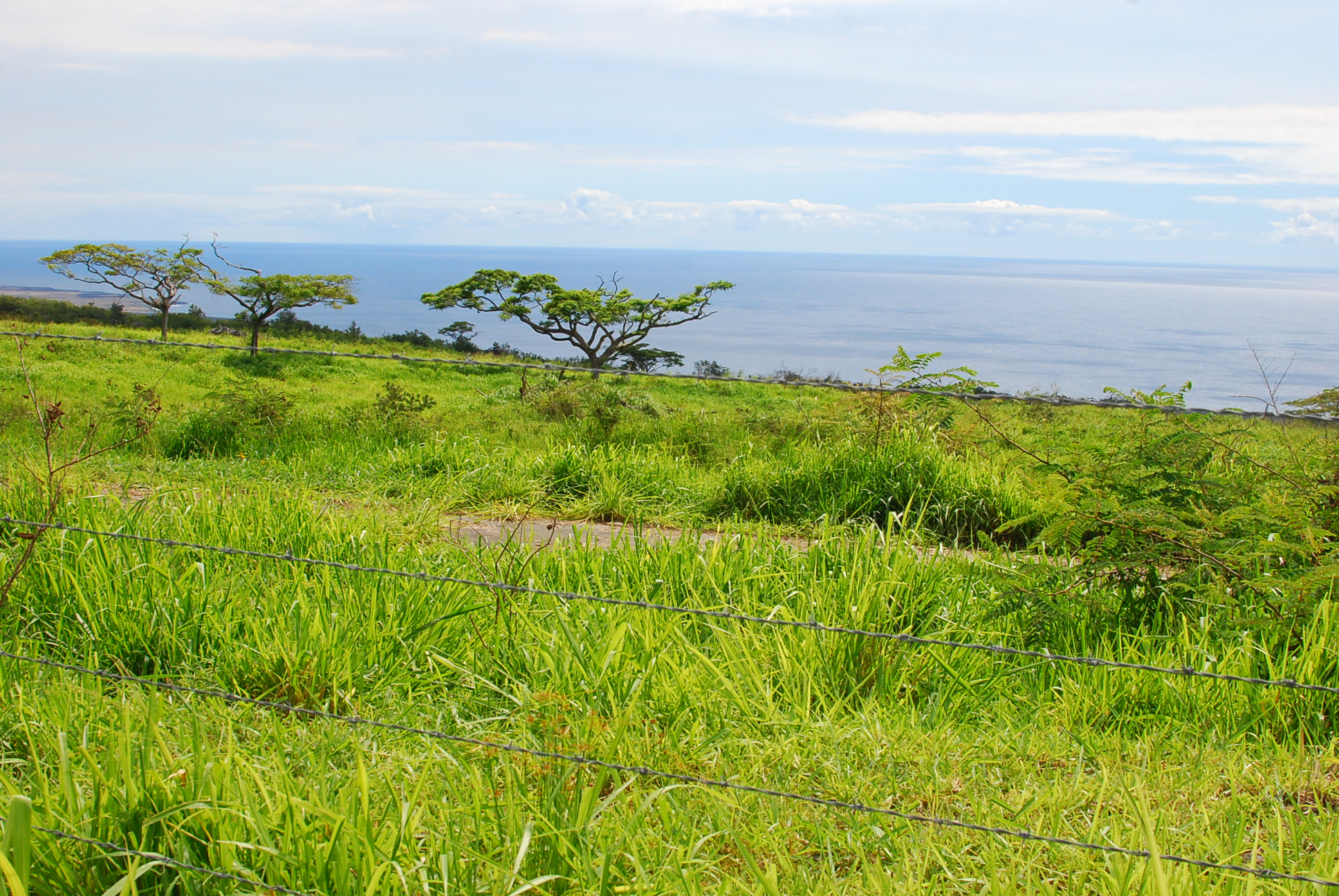
Kuahiwi co-founder Al Galimba’s father was a Filipino immigrant who worked on a Hawaiian sugar plantation. Al attended Cal Poly SLO and majored in Animal Science before returning to the Big Island. He managed dairies and initially rounded up wild cattle for other ranchers, and since they were no longer tame, got to keep them. That helped to fuel his first herd. In 1993, he and wife Sami established Kuahiwi, which means “outback” in Hawaiian. They’ve grown their ranch to 10,000 acres, which reside between Wood Valley and Waiohinu. Why cows? As Al Galimba said, “If you’re growing lettuce or avocado, if it ain’t growing, it ain’t growing.”
Daughter Michelle Galimba, son Guy and the grandkids help to run the ranch. Al Galimba joked, “We’re not labor intensive, so if something goes wrong, we know who messed up.”
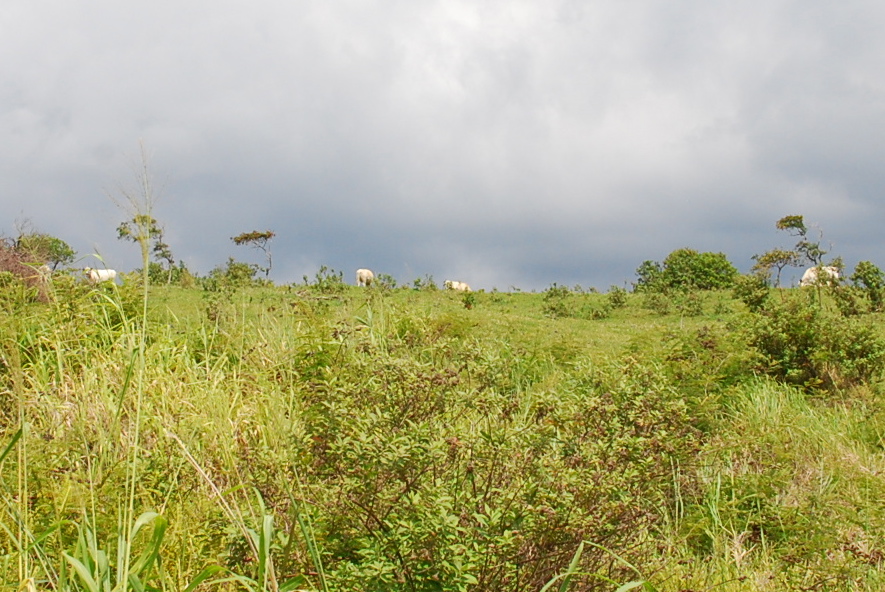
The Galimbas raise Charolais and Angus cows, which feast on barley, corn, mill run and grass. They’ve also been experimenting with old breed, British whites.
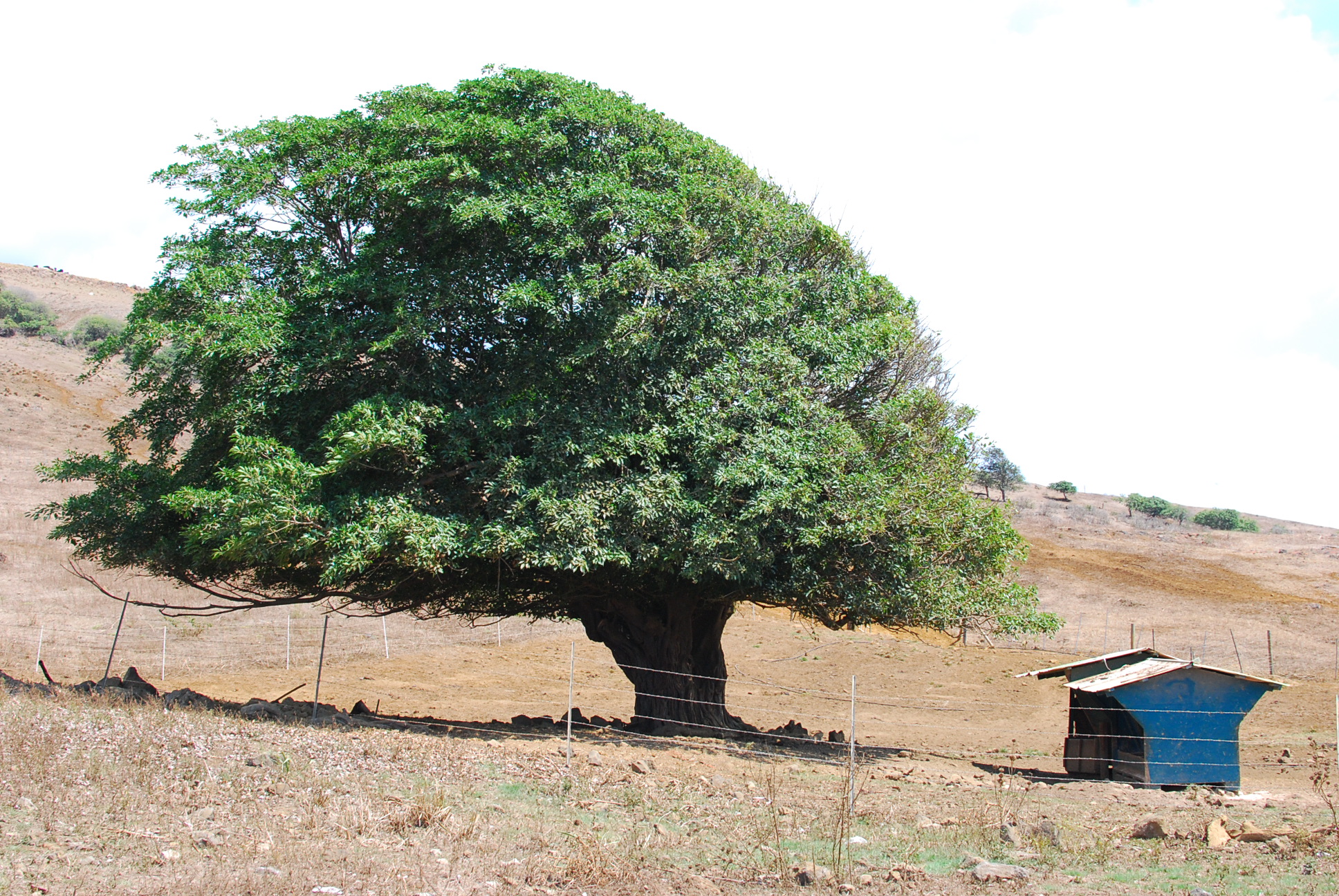
Four herds of about 400 cows each roam the former sugar cane fields and eventually get processed at a facility on the west side of the Big Island, which costs about three times what it would cost on the mainland. Al Galimba said they sacrifice about 14-18% of muscling by avoiding hormones and antibiotics. Another challenge in how they conduct business is that it takes Kuahiwi cows about 20-24 months to reach the processing phase, but as he said, if they process the beef earlier, the beef flavor hasn’t developed yet. Later than that, the meat’s tough.
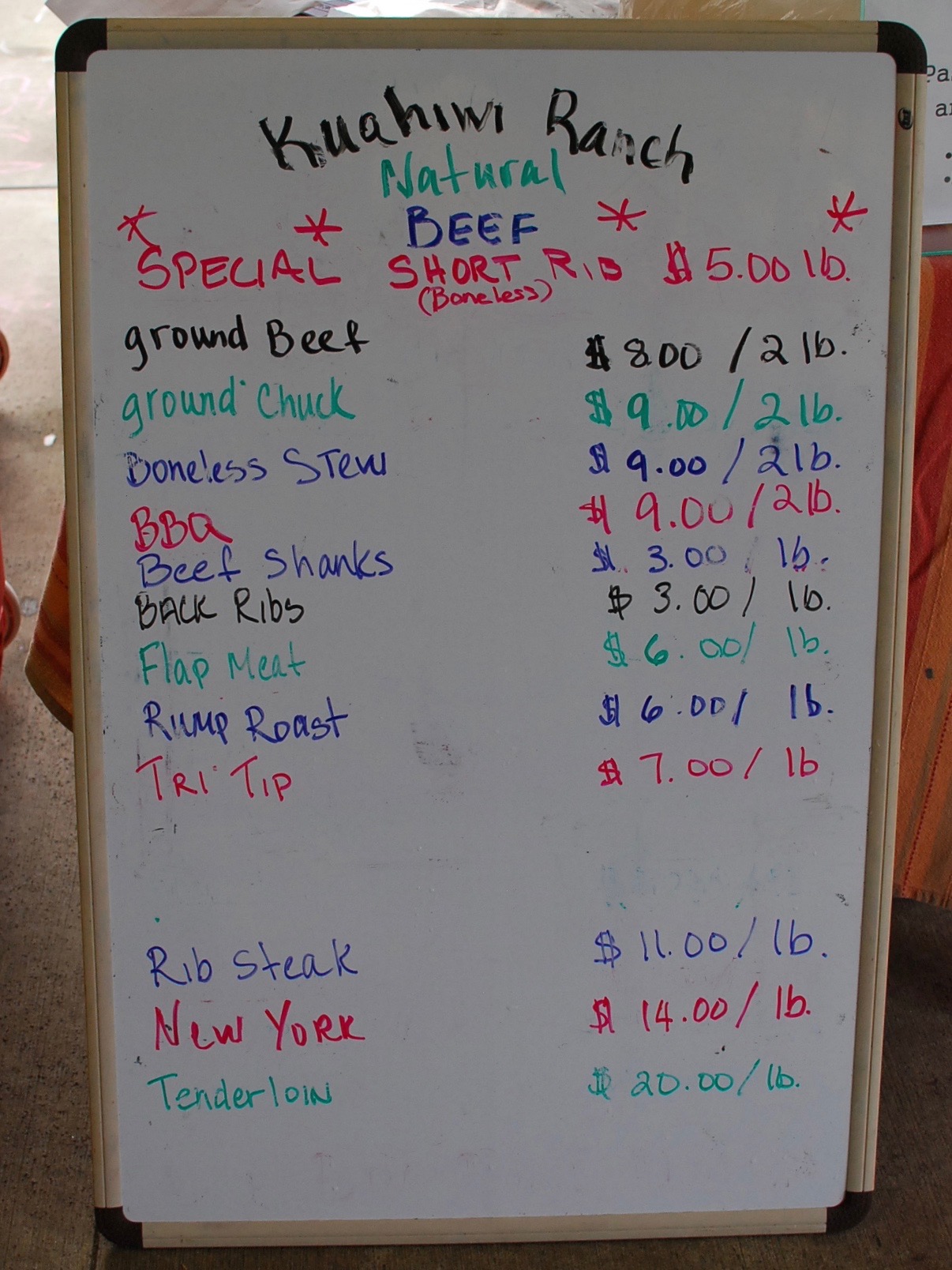
Kuahiwi Ranch’s natural, pasture raised beef is available at These Locations, and Al Galimba said they were about to enter 29 Food Land stores, meaning they’d need to increase operations. This dry erase board was at the Volcano Village Farmers’ Market and hinted at the possibilities.

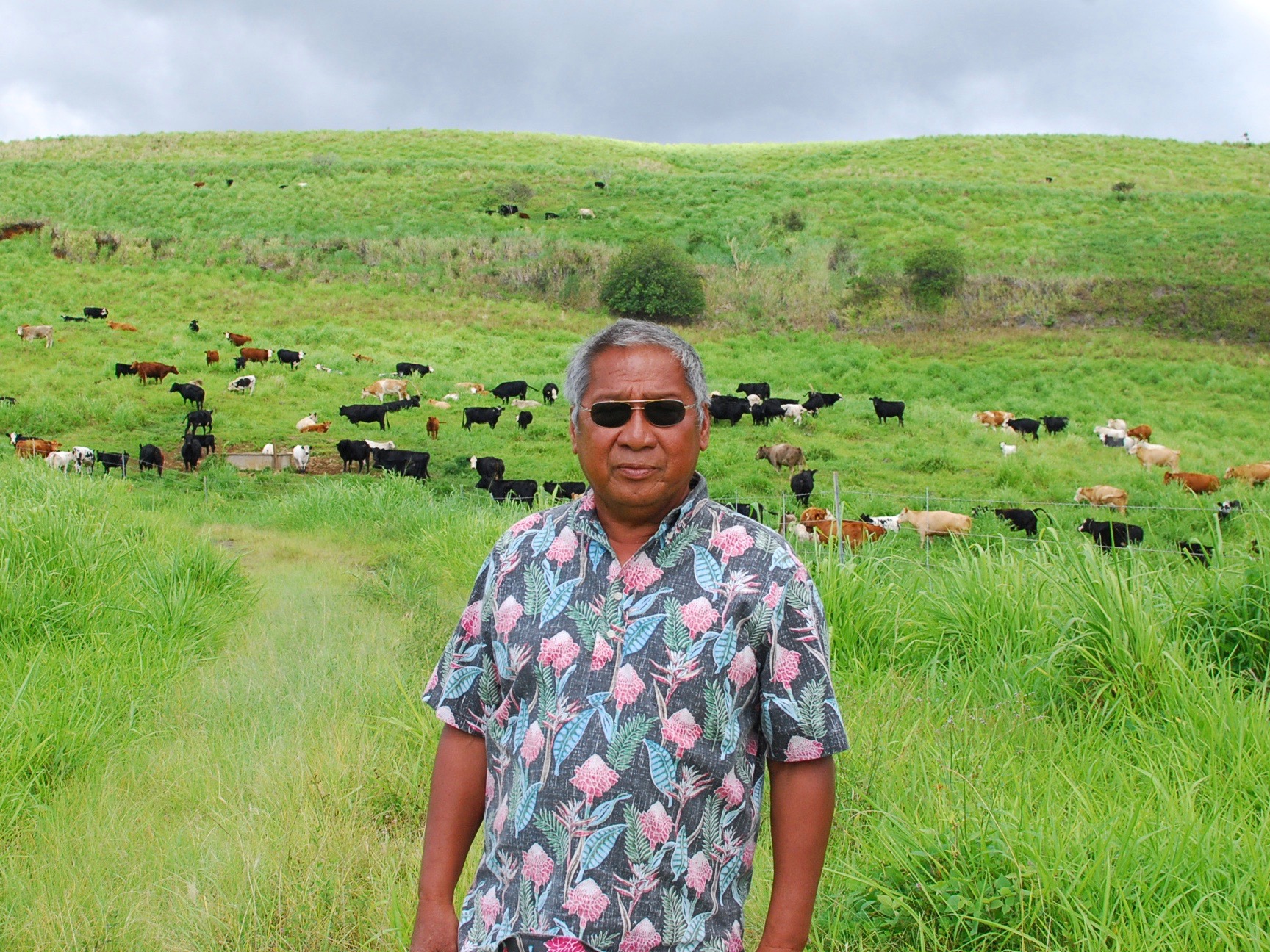
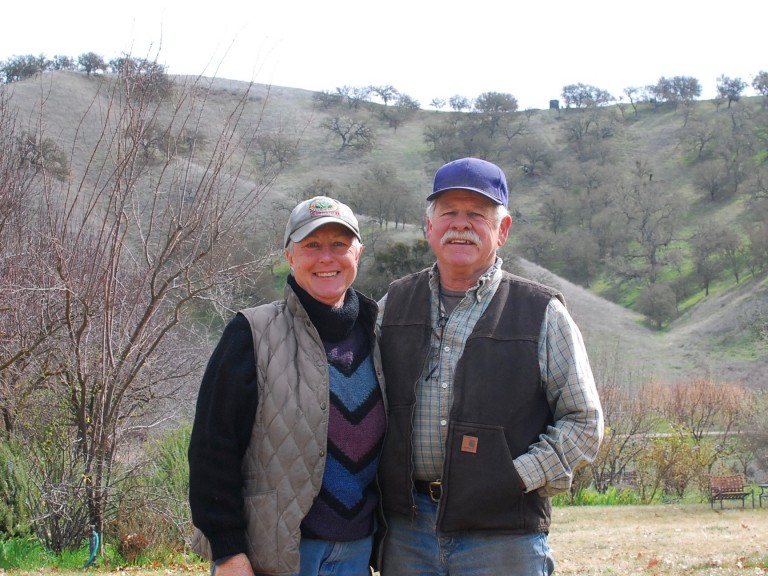
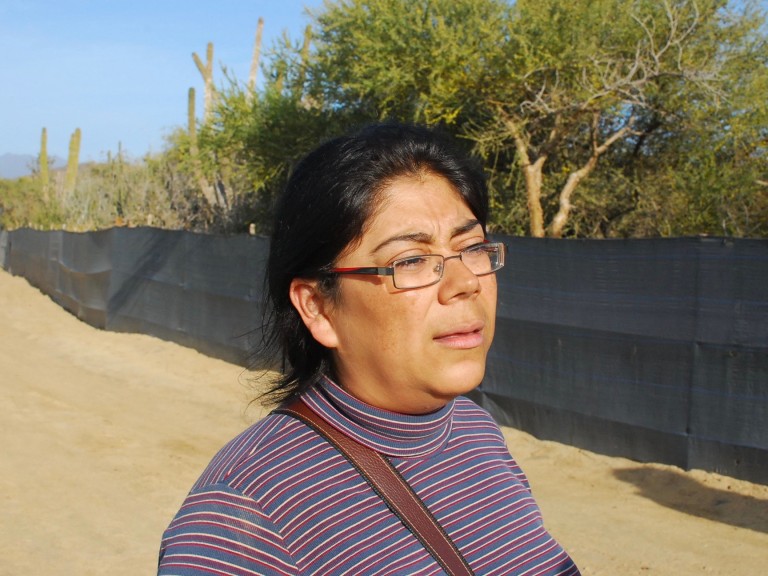
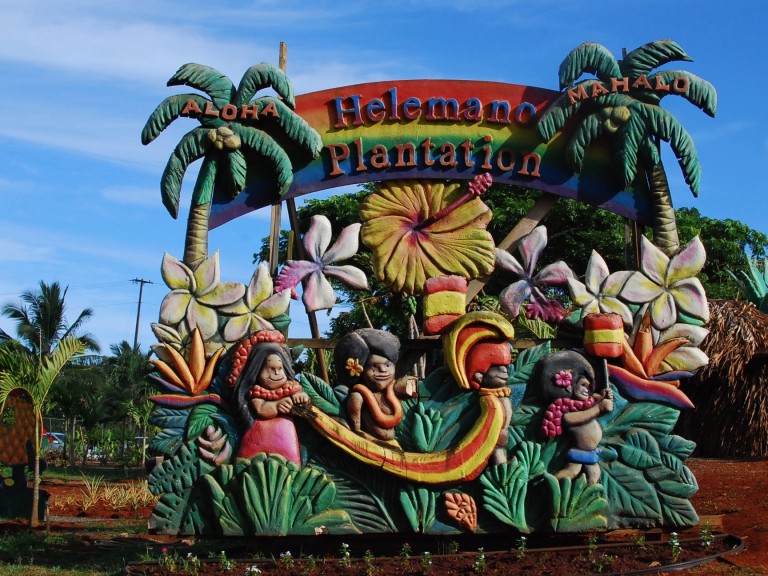




Blog Comments
Michelle Galimba
November 8, 2011 at 10:01 AM
Great story and pics! Thanks so much for coming down to our ranch and meeting with my dad!